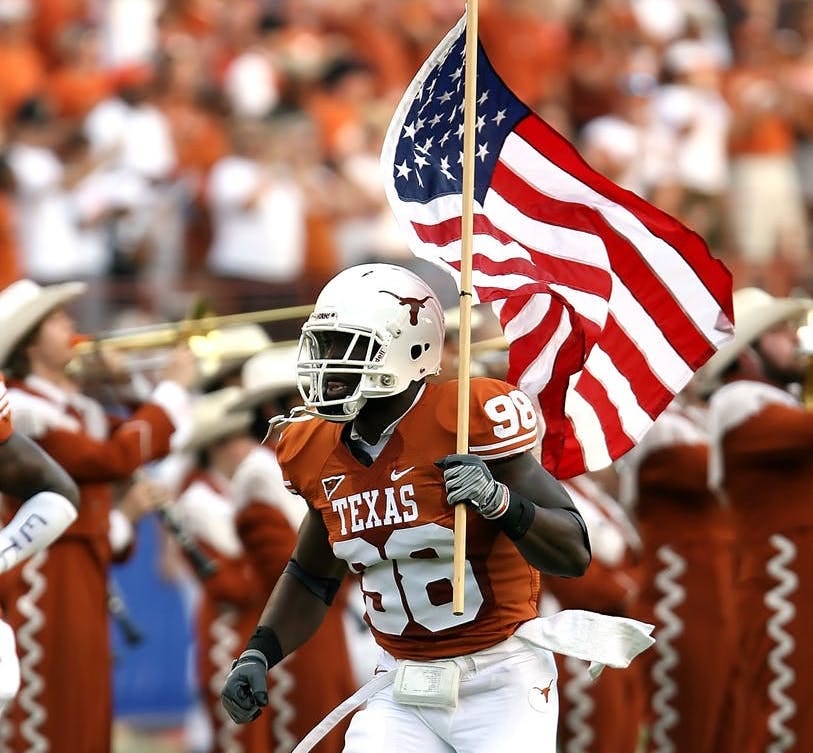Protesting the National Anthem Is Less Popular Than Believed — Especially Among Non-Whites
Twitter continues to not be real life.
Beginning with the the kneeling protests first popularized in 2016 by the NFL’s Colin Kaepernick, national anthem protests at sporting events have become one of the most visible and controversial flash points in America’s ongoing period of racial reckoning. Last Saturday, Olympic hammer thrower Gwen Berry renewed the controversy when she turned her back to the American flag during the national anthem at the U.S. Olympic trials and then draped a a black T-shirt with the words "Activist Athlete" over her head.
If you log any significant amount of time on social media, and particularly Twitter, you might have the impression that not only are anthem protests viewed positively by a majority of Americans — with opposition to them mostly coming from those who explicitly identify as conservatives — but also that support for these protests break sharply along racial lines. And in fact much of the media’s polling on this question has seemed to confirm those notions.
Similarly, and perhaps unsurprisingly, content analyses of the media’s coverage of the topic and journalists’ attitudes toward it have been found to be predominantly favorable and positive.
But does any of this reflect reality? Given the the sensitivity of racial politics, especially in this heightened moment of awareness where positions on issues of race are a demarcating line for partisan loyalties and identities in a broader culture war, how can we be sure that people’s public attitudes are the same as their private ones? And are their attitudes affected by a media environment that is overwhelmingly tilted toward one side of that debate?
This is an excerpt from today’s subscriber-only post. To read the entire article and get full access to INQUIRE, you can subscribe for $6 a month or $60 a year.



